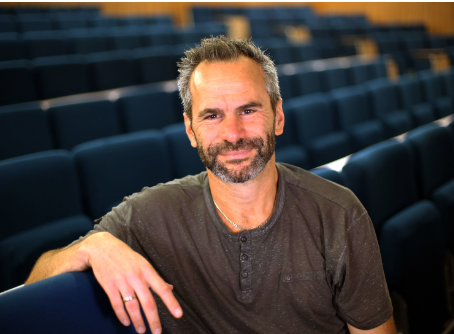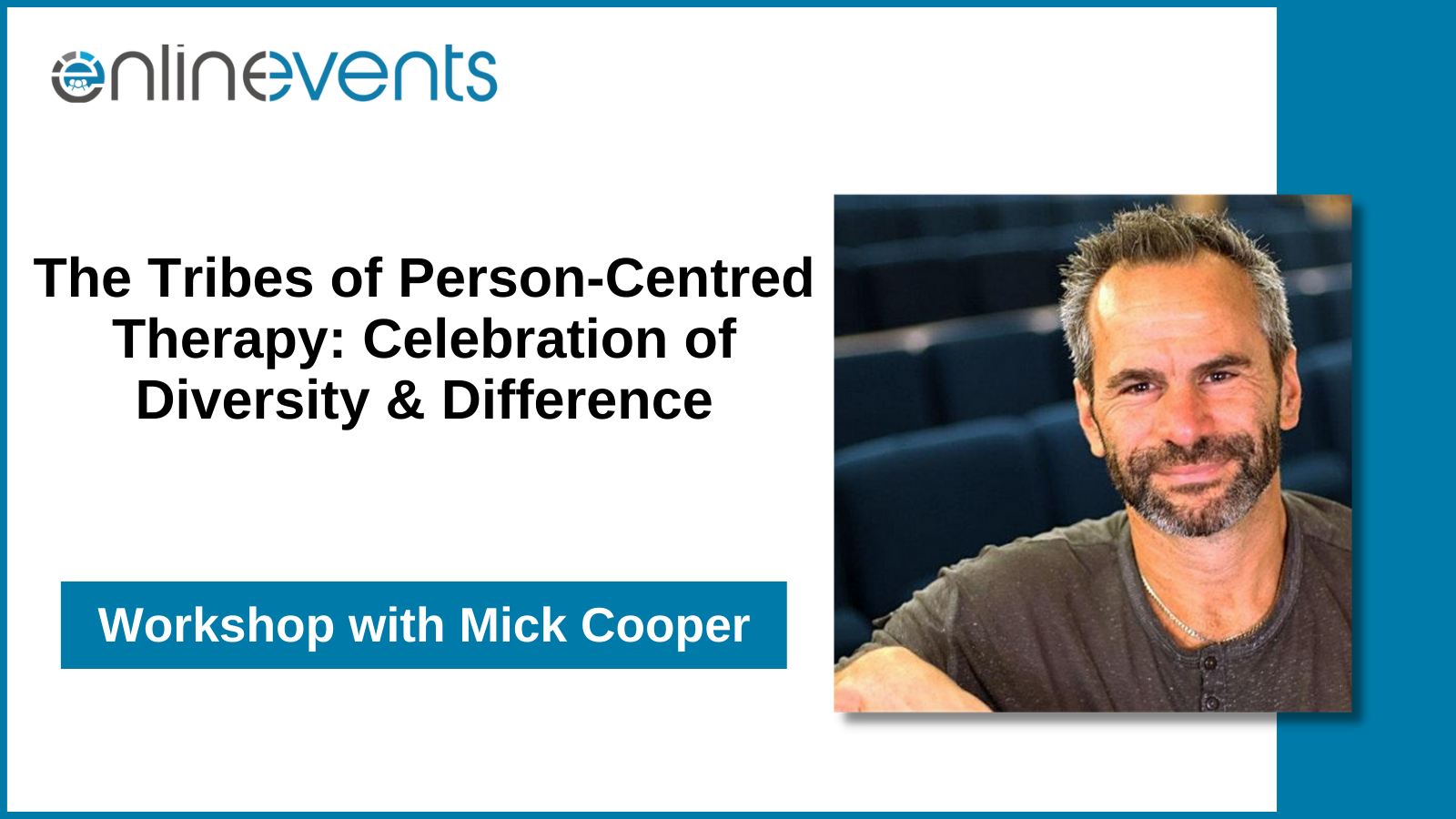Person-Centred therapy is a wonderfully rich set of therapeutic approaches. This workshop will introduce participants to this diverse and colourful field, from its roots in the non-directive counselling of Carl Rogers to its many different contemporary forms.
Our journey through the tribes of person-centred therapy will include the classical non-directive approach, focusing, emotion-focused therapy, creative person-centred practices, pre-therapy, person-centred experiential counselling for depression, motivational interviewing, relational approaches, and integrative/pluralistic perspective. For each of these tribes, we will explore their development and core assumptions; and participants will have an opportunity to get a lived ‘feel’ of these approaches through videos of practice and/or experiential exercises.
This workshop is particularly orientated to students or practitioners of the person-centred approach who have—or are developing—a good understanding of the core assumptions and practice, but would like to know more of the diversity that the approach offers. By the end of the workshop, participants will be able to recognise the main perspectives on person-centred therapy, and be able to articulate differences and similarities between the tribes.
Course Content
Presenter

Mick Cooper is an internationally recognised author, trainer, and consultant in the field of humanistic, existential, and pluralistic therapies. He is a Chartered Psychologist, and Professor of Counselling Psychology at the University of Roehampton.
Mick has facilitated workshops and lectures around the world, including New Zealand, Lithuania, and Florida.
Mick’s books include Existential Therapies (Sage, 2017), Working at Relational Depth in Counselling and Psychotherapy (Sage, 2018), The Handbook of Person-Centred Psychotherapy and Counselling (Palgrave, 2013), and Integrating Counselling and Psychotherapy: Directionality, Synergy, and Social Change (Sage, 2019).
His latest work is Psychology at the Heart of Social Change: Developing a Progressive Vision of Society (Policy Press, 2023)
Mick Cooper is also the editor of The Tribes of the Person-Centred Nation (PCCS, 2024) and co-editor of The Handbook of Person-Centred Psychotherapy and Counselling (3rd ed, 2024).
Mick’s principal areas of research have been in shared decision-making/personalising therapy, and counselling for young people in schools.
In 2014, Mick received the Carmi Harari Mid-Career Award from Division 32 of the American Psychological Association. He is a Fellow of the British Association for Counselling and Psychotherapy and the Academy of Social Sciences.
His latest work is Psychology at the Heart of Social Change: Developing a Progressive Vision of Society (Policy Press, 2023)
The book looks at the interface between therapy and social justice. The blurb for the book reads: ‘Over the past century, psychotherapy – and its parent discipline, psychology – has built up a vibrant, nuanced and highly practical understanding of human wellbeing and distress. This book describes a progressive political approach that integrates insights from the psychotherapeutic and psychological domain, moving us from a politics of blame to a politics of understanding. In this vision of society – surrounded by a culture of radical acceptance – all individuals can live rich and fulfilling lives. We need those shaping our political landscape to understand psychological needs and processes more deeply to enhance our ability to work with others in a spirit of collaboration, dialogue and respect.’


